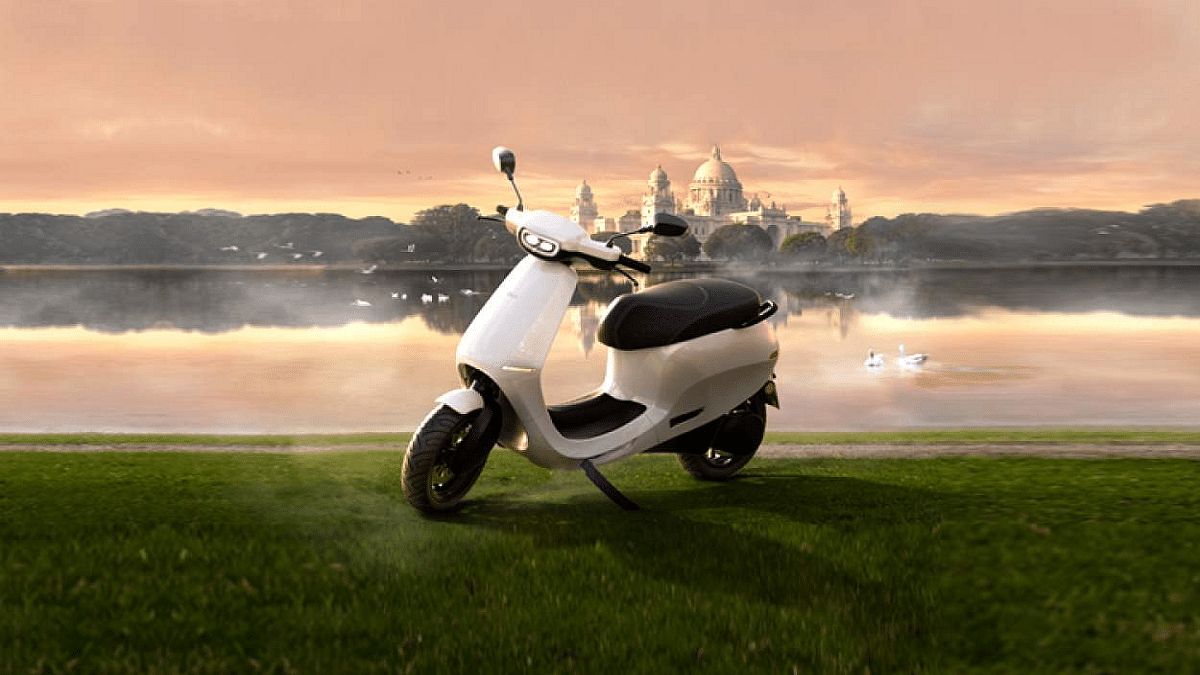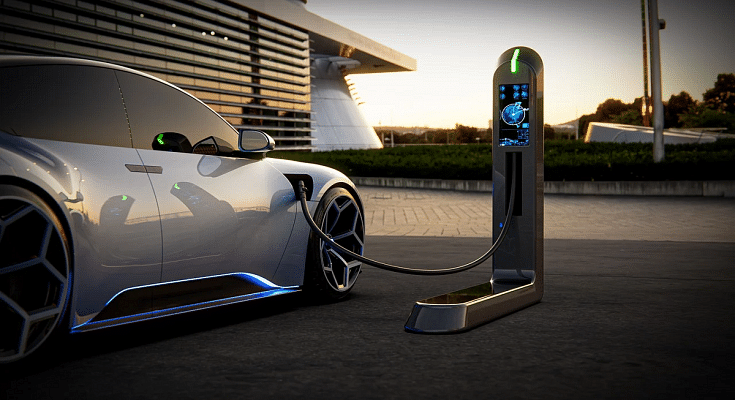Key Highlights
- Electric vehicles reduce oil consumption
- They prevent 112 million metric tons of CO2 emissions annually
- BloombergNEF projects a significant shift toward sustainable transportation
In 2023, electric vehicles and fuel-cell vehicles are expected to have a substantial impact on the environment by avoiding approximately 1.8 million barrels of oil per day. This marks a 4.1 percent reduction in the demand for oil in the road transport sector. Notably, this figure has risen from 1.5 million barrels a day in the preceding year. Also Read | 6 Must-Have Electric Bike Accessories Every Owner Should Have
Surge In Avoided Oil Consumption Over The Years
The avoided consumption of oil has surged by nearly two and a half times from 2015 to 2023, escalating from around 720,000 barrels per day in 2015. Anticipated growth in this trend suggests a further acceleration in the coming years.
Two- and Three-Wheeled EVs As Key Contributors

In 2023, two- and three-wheeled EVs play a pivotal role, accounting for approximately 60 percent of the avoided oil demand. Their rapid adoption, especially in regions like China, Southeast Asia, and India, contributes significantly to the substantial reduction in oil consumption.
Changing Dynamics
In 2022, passenger EVs surpassed buses to become the second-largest source of avoided oil demand. Projections for 2023 estimate that passenger EVs will represent 23 percent of the total avoided oil demand, while buses and commercial vehicles are expected to account for 13 percent and 3 percent, respectively.
BNEF’s Outlook
Under BloombergNEF’s (BNEF) base-case economic transition scenario, EVs and FCVs are poised to displace 12.4 million barrels of oil per day by 2035. Furthermore, in the net-zero scenario, which envisions a globally zero-emission vehicle fleet by mid-century, an additional 4 million barrels per day will be displaced in 2035.
Also Read | EV Launch Roundup: Electric Scooters Set To Debut In December 2023
Two-Wheelers In Oil Avoidance
Remarkably, BNEF highlights that electric two-wheelers and three-wheelers contribute almost twice as much to the avoidance of burning oil each day compared to passenger electric cars, trucks, and SUVs. This underscores the need for increased global attention and coverage in this segment.
CO2 Emission Reductions

Beyond the reduction in oil consumption, BNEF estimates that electric vehicles play a crucial role in preventing 112 million metric tons of CO2 emissions annually. This figure takes into account net emissions reductions, factoring in emissions from additional electricity generation.
Global Emission Elimination
While the progress is promising, BNEF emphasizes that there is still a long way to go in eliminating global heating emissions from road transport. The estimated avoided emissions for 2023 represent only about two percent of all emissions from road transport. The transition to a sustainable vehicle fleet requires time, emphasizing the importance of initiating efforts to replace fossil-powered vehicles with cleaner alternatives.
Also Read | Bihar Cabinet Grants EV Policy A Nod: To Offer Up To Rs. 1.25 Lakh Incentives
